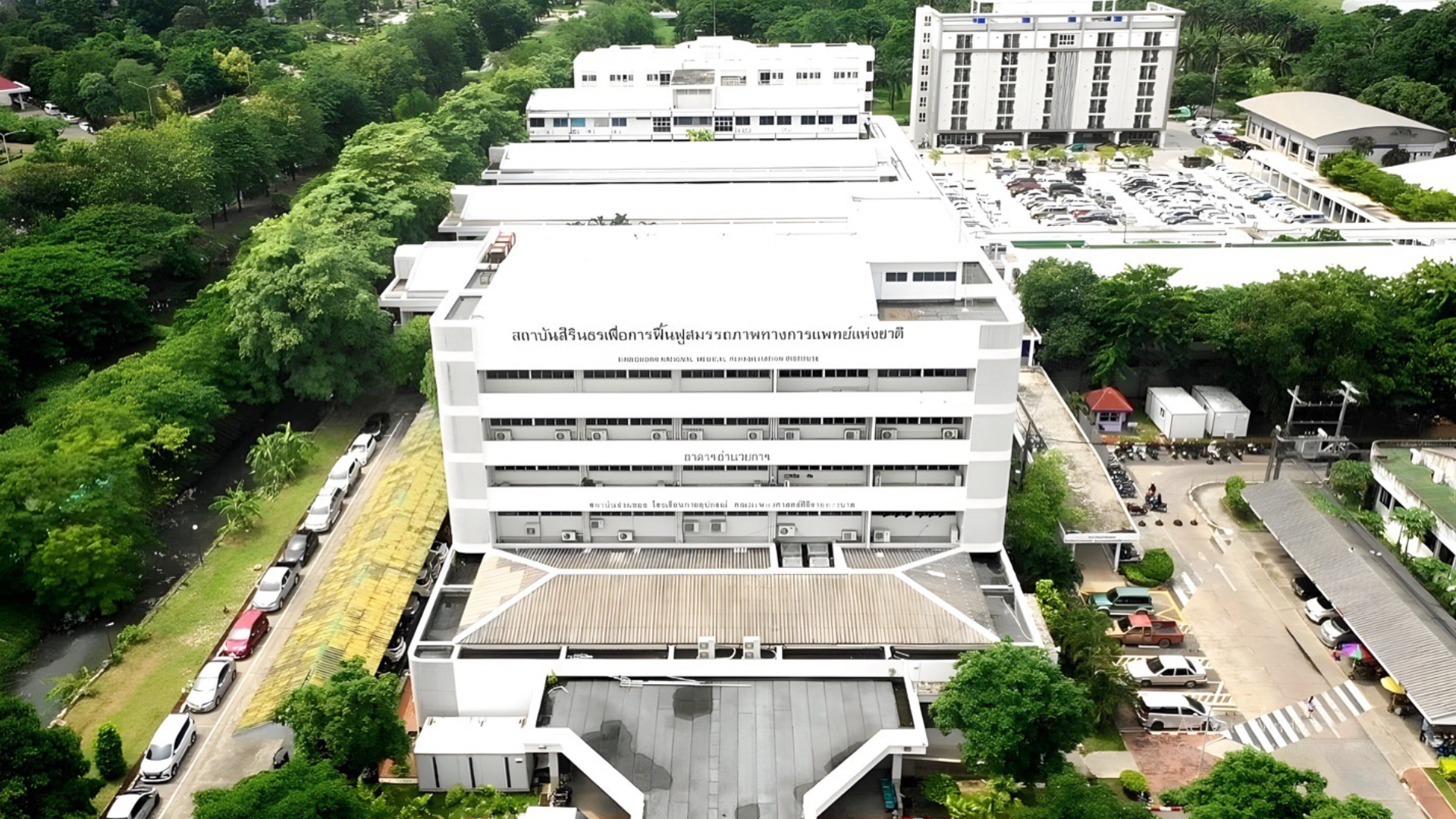ArokaGO News
•May 15, 2024
Mahidol University Partners with Department of Health, Thailand to Train "Family Doctors" and Advance Genomics for Sustainable Health
Mahidol University has teamed up with the Department of Health to train "family doctors" with a focus on genomics testing, aimed at enhancing public health awareness and encouraging lifestyle adjustments to combat aging in Thailand’s progressing aging society. This initiative also includes ongoing advancements in genomics technology to promote sustainable health.
The ArokaGO Reporter
May 15, 2024

Mahidol University has teamed up with the Department of Health to train "family doctors" with a focus on genomics testing, aimed at enhancing public health awareness and encouraging lifestyle adjustments to combat aging in Thailand’s progressing aging society. This initiative also includes ongoing advancements in genomics technology to promote sustainable health.
In the wake of COVID-19, genomic medicine has seen significant advancements. Previously focused on decoding entire genomes of emerging pathogens like SARS-CoV-2 to track variants and develop vaccines, the scope has now expanded to understanding the genetic factors in patients who experienced severe symptoms or died from COVID-19. This research is pivotal for precision prevention and treatment strategies.
The current focus has shifted to "Epigenetics," studying gene expression alterations caused by environmental factors that do not change the DNA sequence but affect the biological or epigenetic clock. This is crucial in addressing chronic non-communicable diseases (NCDs), which are now the leading cause of death globally, surpassing deaths from infectious diseases.
Professor Dr. Wasun Chantratita, Head of Center for Medical Genomics at Ramathibodi Hospital, Mahidol University, highlighted the global shift towards decoding the entire genome of patients, healthy individuals, and microorganisms affecting health, especially in anti-aging medicine. Epigenetics is becoming a key tool in providing more precise and personalized healthcare.
This broader approach not only empowers physicians but also encourages public involvement in health literacy and lifestyle changes to enhance well-being and delay aging, aligning with Thailand's demographic shift towards an elderly population.

Chronic NCDs continue to pose a significant threat, causing around 41 million deaths annually, or about 71-74% of all deaths. In contrast, despite over 775 million COVID-19 infections in the past four years, the mortality rate has been comparatively low at 0.9%. This disparity underscores the importance of lifestyle changes, which can drastically reduce the risk of heart disease and stroke by up to 90% and increase life expectancy by up to 24 years in men and 21 years in women.
The training of "family doctors" at Mahidol University, in partnership with the Department of Health, focuses on genomics to inspire lifestyle changes, such as tailored diets and exercise regimens based on genetic profiles (Nutrigenomics & Exercise Genomics). Furthermore, Center for Medical Genomics is also exploring the adaptation of children to microbes post-COVID-19, using Clinical Metagenomics Sequencing technology to prevent and treat infectious diseases without the need for traditional culturing techniques.

Department of Medical Science Reveals Kratom Juice Test Results: High Levels of Mitragynine and Contaminants Detected
May 13, 2024

Sirindhorn National Medical Rehabilitation Institute Launches Occupational Therapy Intensive Clinic
May 22, 2024